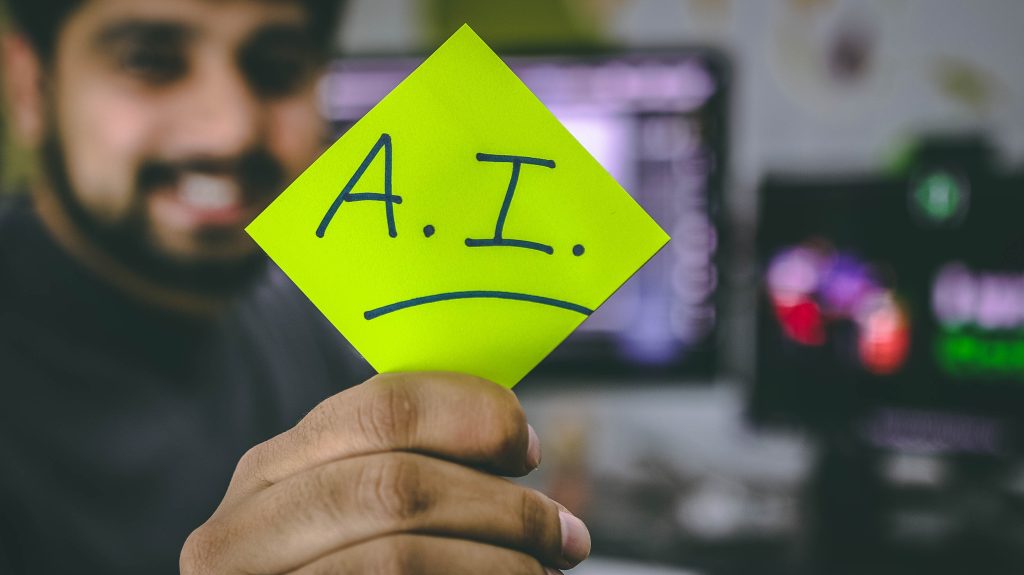Ever since AI became mainstream, laws regarding AI have become necessary to address ethical concerns, protect individual rights, ensure safety and security, establish accountability and liability, promote economic considerations, and enable international harmonization. These laws set guidelines for responsible AI development, protect privacy, mitigate risks, hold individuals and organizations accountable for harm, foster innovation, and facilitate global cooperation in the development and use of AI technologies.
Rapidly advancing AI technology is heightening the need for voluntary agreements among Devs
Alphabet, the parent company of Google, and the European Commission are joining forces to establish an artificial intelligence (AI) pact involving companies from Europe and beyond. The goal is to create a voluntary agreement among AI developers before official regulations governing the technology come into effect. This move comes as EU industry chief Thierry Breton met with Sundar Pichai, CEO of Alphabet, in Brussels. The urgency to act stems from concerns over the potential disruptive impact of rapidly advancing AI technology and the need to strike a balance between regulation and innovation.

Thierry Breton emphasized the need to proactively develop an AI pact on a voluntary basis, rather than waiting for formal regulations to be enforced. The aim is to foster collaboration among AI developers to establish ethical guidelines and principles that align with societal expectations. Breton also called on EU countries and lawmakers to expedite the finalization of the Commission’s proposed AI rules before the end of the year.
EU Commissioner for Competition, Margrethe Vestager, stressed the importance of collective action, stating that universal rules for AI need to be agreed upon voluntarily and promptly due to the rapid evolution of AI technology. The European Union and the United States are also planning to enhance collaboration to establish minimum standards before legislation is enacted.
During the discussions, Commission Vice President Vera Jourova expressed concerns to Pichai regarding the spread of pro-Kremlin war propaganda and disinformation on Google’s platforms, emphasizing the risks they pose to EU and national elections. Pichai pledged to investigate the challenges faced by independent Russian media in monetizing their content on YouTube in Russia.
RELATED:
- Google Slapped with $32.5 Million Fine for Patent Infringement against Sonos
- Google Play Store Is Not Safe: Popular App Secretly Recorded Users’ Voices for almost a Year
- Best Deal: OnePlus 11 Phone Is Only $599 at Giztop
(Via)







